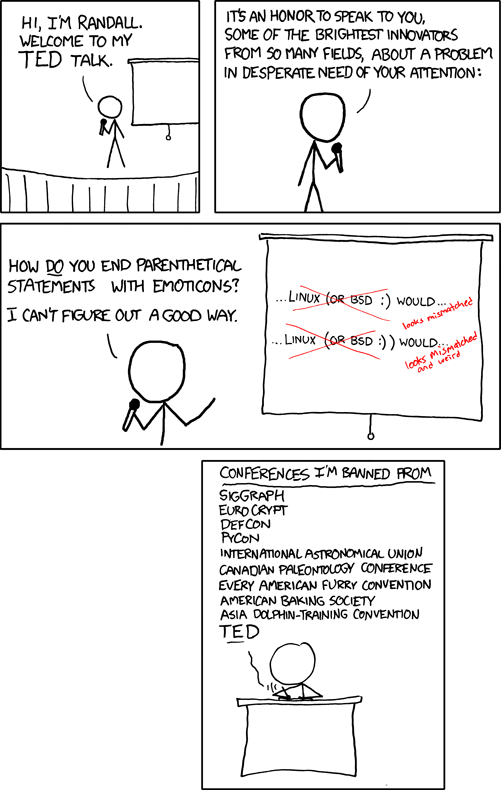Twitterman Alex Payne wrote a pretty interesting an provocative post the other day, titled “The Case Against Everything Buckets.”
Rather than try to recreate his argument for him, go read it yourself. I’ll wait here.
At least in principle, I agree with Alex’s assertion that it can be immensely better to have your information available in an app that actually can do something with it. Nine times out of ten I prefer not to have information in any app at all, I like most of my stuff in the Finder where it is easily backed up, found, and mashed into other places. Preferably in plain text. Yes, I’m one of those people who buys $2,000 computers and prefers to work in the oldest and simplest data format in existence.
But I digress. I think Al3x is missing an angle in his implied assertion that Everything Buckets don’t do anything particularly well.
I think the value of Everything Bucket software, and in particular of Everything Bucket software that is either cloud-based or syncs nicely between desktop and mobile clients, is that these applications open your mind to the notion of ubiquitous capture.
And after all, you use a bucket for temporary storage, right? It’s a waystation.
I freely shove stuff into Evernote, Instapaper, and Everything Buckets because it’s so easy to do. The secret sauce that keeps it from becoming A Bad Thing is that I’ve built in a routine to go through them regularly, processing them David-Allen-style down to zero. It’s at that point that I’ll move data into another environment if it makes sense.
For example, I’ll see a link in Google Reader, scan it for interest, identify that I might want to use the idea in a story someday, and clip it to Evernote. Then at some regular interval I’ll pull the PDF out of that Evernote inbox and into the Finder as a PDF or webarchive in a directory structure like “Story Ideas/2009/…”
The only stuff I keep in Evernote full-time is stuff I know I’d like to have reference to no matter were I am—be it on my Macbook, on my iPhone, or on my work PC.
Not really rocket science, and YMMV. The point is, as always, pare down the number of places something can be, and put it somewhere where it should be. Those definitions of can and should are yours to make.
Update 2009-02-10: Here’s Buzz Andersen’s take on it.

